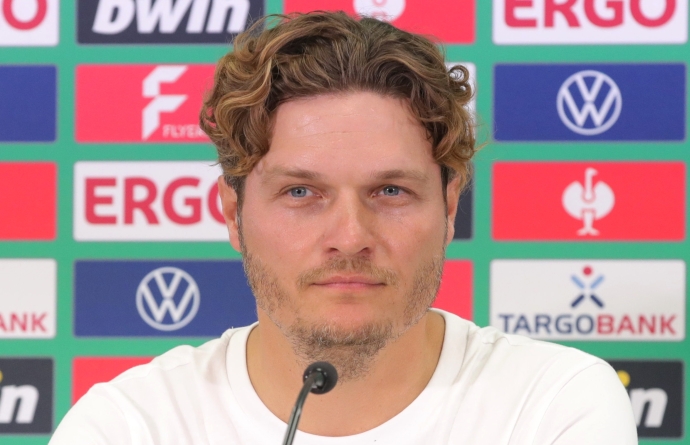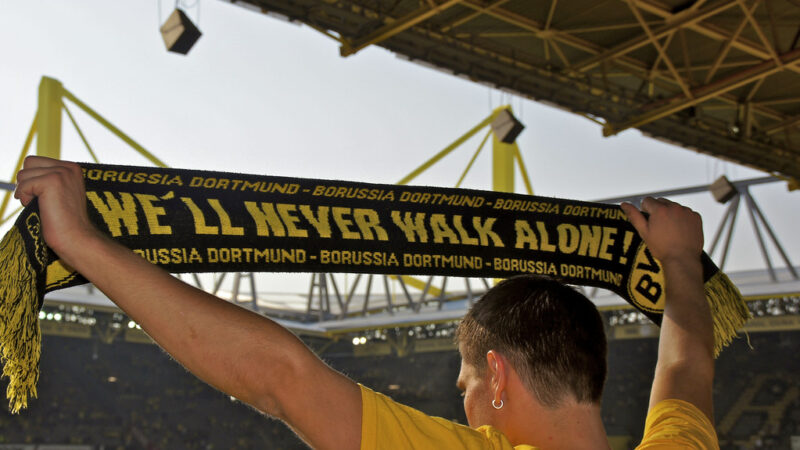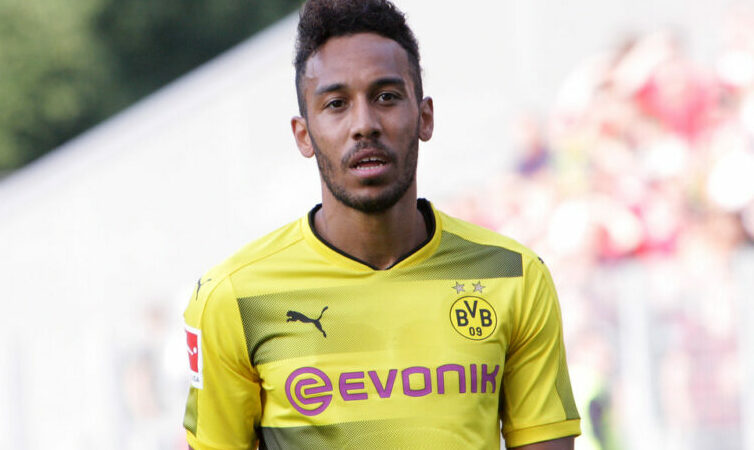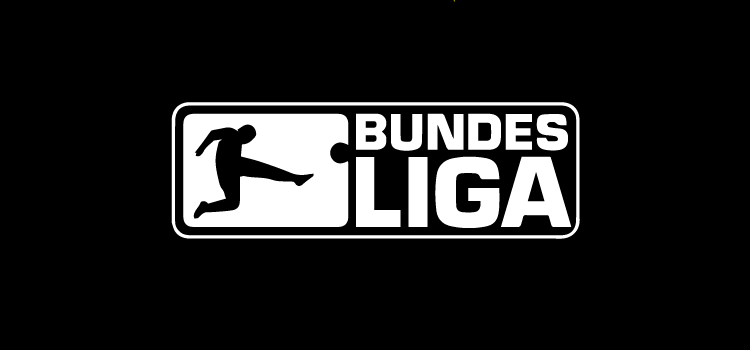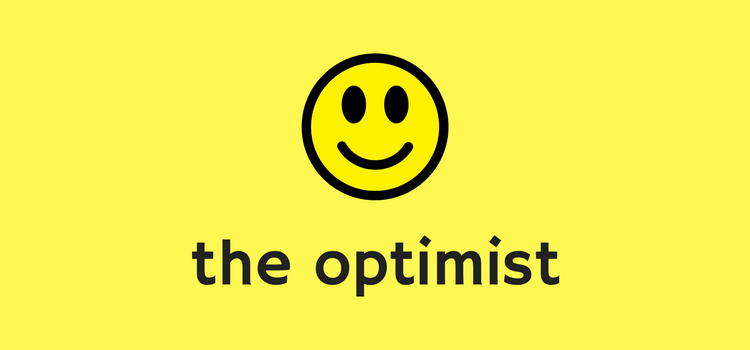Tuchel, Favre, Terzic? Who has been the best BVB manager in the post-Klopp era?
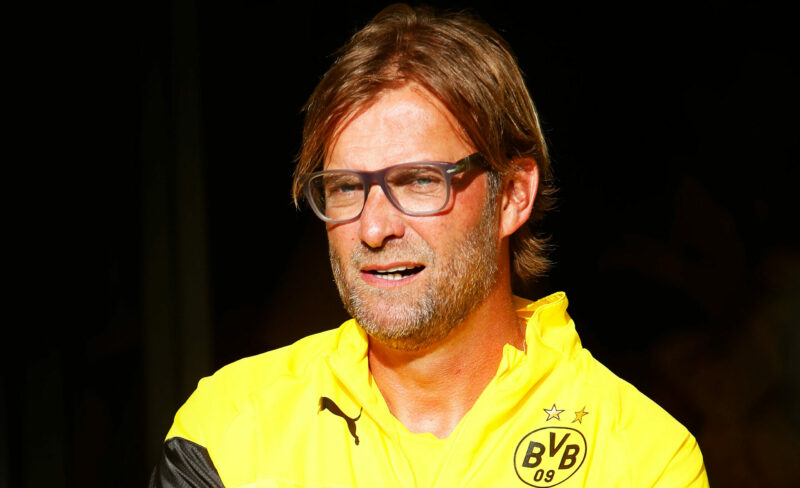
Jürgen Klopp spent seven years as Borussia Dortmund manager. The German transformed the club and restored it to its glory days, with his unique ‘gegenpress’ style producing something of a golden era for the ‘Schwarzgelbe’.
When he arrived at Signal Iduna Park in 2008, the club had failed to finish inside the Bundesliga’s top five places for the previous five seasons.
A far-cry from their best years under the great Ottmar Hitzfeld, who led BVB to their only UEFA Champions League title in 1997, Dortmund were in crisis and Klopp was the man to turn things around.
The 2010-11 season saw the club win their first Bundesliga title since 2002. They would then retain their crown for the first time since 1996 the following season, which also entailed a first league-cup double in BVB history.
Having reestablished the club as a German powerhouse, the Stuttgart-native then showcased his team’s ability on the European stage.
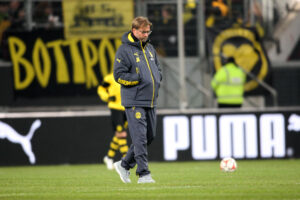
A humble team, which needed no superstar names, went on a historic run in the Champions League. Nurtured stars such as Robert Lewandowski and Mario Götze stepped up and overcame tests against some of world football’s biggest clubs.
Navigating a group of death to reach the knockouts for the first time in a decade, Klopp’s Black and Yellows conquered all before them; Felipe Santana’s famous quarter-final winner against Malaga and Lewandowksi’s four-goal semi-final destruction of Real Madrid remain firmly in the memories of the Yellow Wall.
Despite falling at the final hurdle to ‘der Klassiker’ rivals Bayern Munich, Jürgen Klopp had revolutionised Borussia Dortmund, with his players always ready to give 110% for him.
"Thank you, Jurgen"
On this day five years ago, Jurgen Klopp waved goodbye to Dortmund 👋 pic.twitter.com/cddaNYaZ5z
— B/R Football (@brfootball) May 23, 2020
The club is yet to hit the heights of the Klopp era since the now 55-year-old’s 2015 departure, but who has come closest?
Here is a ranking of all six of his successors.
6. Peter Bosz (2017)
Duration of tenure: 5 months, 10 days
League finish(es): N/A
Honours: N/A
Record: P:24 – W:8 D:7 L:9
Win percentage: 33.33%
Borussia Dortmund lose again. BVB have picked up just three points in the Bundesliga in eight games since the start of October and have only beaten third tier Madgeburg in 13 matches in all competitions in that time.
Peter Bosz is on thin ice…https://t.co/LLiscCGBk4 pic.twitter.com/L9wR9ZizSB
— WhoScored.com (@WhoScored) December 9, 2017
Peter Bosz was the second man tasked with succeeding Jürgen Klopp in the hot seat at Signal Iduna Park.
A stalwart of Dutch football, the now 59-year-old had led Ajax to the UEFA Europa League final just over a month before he arrived in North Rhine-Westphalia.
Having sold the likes of Sven Bender, Matthias Ginter and most notably Ousmane Dembele for what remains a club record fee, Bosz brought in the likes of Andriy Yarmolenko, Jadon Sancho and Mahmoud Dahoud.
However, things didn’t go to plan for the Dutchman. BVB’s only points in their Champions League campaign came from draws with Cypriot side APOEL.
Meanwhile, despite a strong start in the Bundesliga, Bosz was sacked before the new year, with the club winless in eight league games, sitting 13 points behind league leaders Bayern in eighth place.
5. Peter Stöger (2017-2018)
Duration of tenure: 6 months, 20 days
League finish(es): 4th (2018)
Honours: N/A
Record: P:24 – W:10 D:8 L:6
Win percentage: 41.67%
Borussia Dortmund have today ended their cooperation with head coach Peter Bosz and appointed Peter Stöger as his successor. Hans Joachim Watzke, the Chief Executive Officer, cited the club's current sporting plight as the reason behind the decision. Detailed report will follow. pic.twitter.com/CBs4quXFfL
— Borussia Dortmund (@BVB) December 10, 2017
With the Black and Yellows in crisis, former Köln manager Peter Stöger was elected to restore some stability in their season.
In a stark contrast to their form under Bosz, the Austrian led Dortmund to 12 games unbeaten in the Bundesliga and helped the club finish fourth, securing a place in the Champions League for the following term.
However, that run was ended by a humiliating 6-0 defeat at the Allianz Arena. A Revierderby defeat at Schalke soon followed, as the club, who had been eliminated from the Europa League in the round of 16 by RB Salzburg, ended the season with a whimper.
After a final day defeat to Hoffenheim, a third match winless, Stöger announced his imminent departure.
4. Marco Rose (2021-2022)
Duration of tenure: 10 months, 19 days
League finish(es): 2nd (2022)
Honours: N/A
Record: P:46 – W:27 D:4 L:15
Win percentage: 58.7%
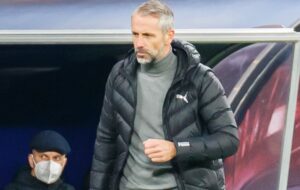
On the back of a successful season which had seen Borussia Dortmund win a DFB-Pokal and reach the Champions League quarter-finals, the promising Marco Rose was hired.
Having led his Borussia Mönchengladbach side to the UCL knockouts the previous year, Rose’s philosophy aligned with that of Dortmund and with stars such as Erling Haaland and Jude Bellingham at his disposal, many saw this as a good fit to build a dynasty upon.
However, despite his side scoring 85 goals in 34 Bundesliga games, leading to a respectable second place finish, eight points behind Bayern, disappointing exits from cup competitions and league inconsistency led to his dismissal.
The club reached the round of 16 of the Pokal where second tier side St Pauli eliminated them, before Rangers compiled their misery after a poor UCL group stage, knocking them out of the Europa League at the preliminary round.
Still, his departure was met with much shock and confusion among fans.
Marco Rose played under Jurgen Klopp at Mainz 05…
Now he'll follow in his footsteps as a manager at Borussia Dortmund 🟡⚫️ pic.twitter.com/W0MeSrCHpr
— GOAL (@goal) February 15, 2021
3. Lucien Favre (2018-2020)
Duration of tenure: 2 years, 5 months, 12 days
League finish(es): 2nd (2019), 2nd (2020)
Honours: DFL-Supercup (2019)
Record: P:110 – W:68 D:18 L:24
Win percentage: 61.82%
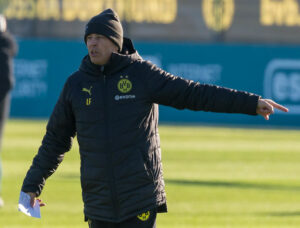
After an underwhelming year under the tutelage of Bosz and Stöger, another former Gladbach manager Lucien Favre came in to spark a change in fortunes.
Achraf Hakimi was among the incomings in Favre’s debut season, a year which saw BVB push their Bavarian rivals to the wire, finishing two points behind the eventual winners, while returning to the UCL knockouts.
The following season, the Swiss facilitated the return of Mats Hummels, while also recruiting Julian Brandt and eventually Erling Haaland in the winter transfer window.
Another second place finish followed, but the gap was much bigger, at 13 points, as the club failed to build on their Supercup win and another round of 16 exit from Europe.
Although he secured the signature of Jude Bellingham the following summer, Favre couldn’t get the better of Bayern in another Supercup clash, and though he led Dortmund through their UCL group, four losses in the opening 11 Bundesliga games was a far from ideal start.
A 5-1 defeat to Stuttgart was the final nail in Favre’s coffin as he was sacked in December 2020.
2. Edin Terzic (2020-2021, 2022-present)
Duration of tenure: 2020-2021: 6 months, 17 days, 2022-present: 9 months, 14 days*
League finish(es): 3rd (2021)
Honours: DFB-Pokal (2021)
Record: P:65 – W:42 D:8 L:15
Win percentage: 64.62%
*At time of writing
Borussia Dortmund coach Edin Terzic at the 2012 DFB-Pokal final as a fan 🏆
Then holding the trophy after winning it as Dortmund's manager 🖤💛 pic.twitter.com/Wk3kFHNPA3
— GOAL (@goal) May 15, 2021
As an active manager with not as much time at the helm as some of the other coaches in this list, it’s hard to judge Edin Terzic’s progress.
However, the German boasts an impressive win percentage and track record.
A lifelong BVB fan, Terzic knows what this club means to its devoted supporters; he brought belief and hope back to the club in both of his spells as boss.
His first saw the club reach the UCL quarter-finals for the first time in four years, a Revierderby win, seven straight league wins to end that season, and of course, a Pokal title after a win over RB Leipzig in Berlin.
This season, he has helped bring in the right players, adhering to the club’s identity.
Particularly since the World Cup, 10 straight wins while fighting on almost all fronts for silverware has certainly rekindled hope among the Yellow Wall.
Perhaps he’ll top this list in a few months.
1. Thomas Tuchel (2015-2017)
Duration of tenure: 1 year, 10 months, 30 days
League finish(es): 2nd (2016), 3rd (2017)
Honours: DFB-Pokal (2017)
Record: P:107 – W:67 D:23 L:17
Win percentage: 62.6%
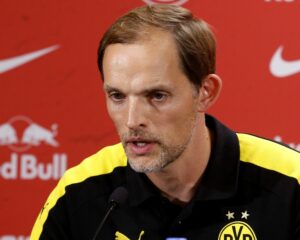
But for now, this ranking is topped by Thomas Tuchel, a man who took the same path as his predecessor, coming from Mainz in 2015.
With the club having finished in seventh place in the 2014-15 season, Tuchel came in to pick up the pieces and maintain the identity Klopp had built at Signal Iduna Park.
In his debut year, the German led BVB to a strong Bundesliga campaign, which ended with the club on 78 points, closer to the title winners from Munich than to third place.
That year the club also reached the Pokal final, where Bayern needed penalties to trump their rivals again.
Meanwhile in Europe an Anfield classic saw Klopp’s new side Liverpool eliminate his former employers from the Europa League quarter-finals.
An extremely promising first term was built upon by Tuchel. Star striker Pierre-Emerick Aubameyang followed up his tally of 39 goals with a 40-goal haul, as Dortmund won their first Pokal title since 2012.
Aubameyang was one of many players who Tuchel had really developed in the team, along with Raphael Guerreiro and young talents such as Dembele and Christian Pulisic.
Ousmane Dembélé would go on to open the scoring in the eighth minute, whilst Pierre-Emerick Aubameyang scored a penalty to secure a 2-1 win.
He was named Man of the Match as BVB closed out the Thomas Tuchel era with their first major title in five years. https://t.co/6qq8E58YFc pic.twitter.com/KD7t4FUkCi
— Breaking The Lines (@BTLvid) June 3, 2022
The club also reached the final eight of the Champions League, where a brilliant Monaco side ran out victors, after an infamous bombing incident saw the first leg at the Westfalenstadion delayed.
A little inconsistency plagued their season in the league as the club fell to a third place finish, and as tensions grew between Tuchel and the board regarding transfer activity, the now 49-year-old was dismissed at the end of the season.
Verdict
If he was further backed by the board, perhaps he could’ve secured a ‘Meisterschale’ given the way things were going on the pitch, especially considering his successes at PSG and Chelsea since that departure.
Thomas Tuchel or Jurgen Klopp…
Which manager would you pick for your team? pic.twitter.com/D8iU3lq8Ee
— Relevent Sports (@releventsports) September 20, 2021
But all things considered, Thomas Tuchel has been, in my opinion, Borussia Dortmund’s best manager since Jürgen Klopp. As mentioned, though, that could soon change.

